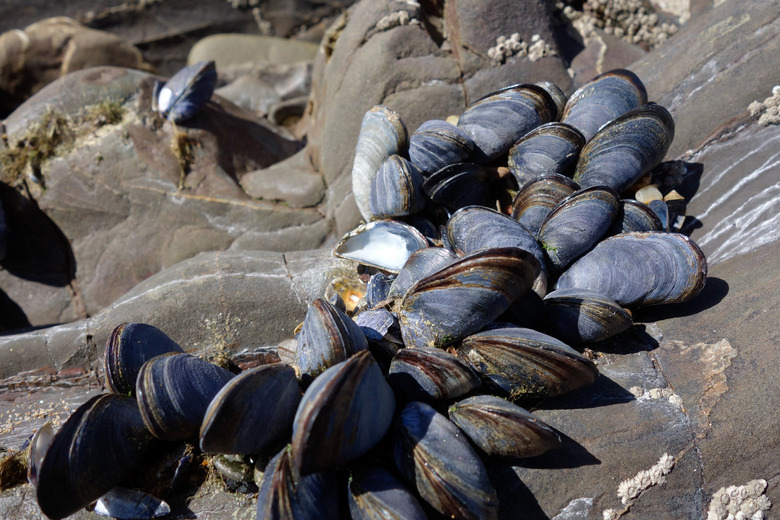Lab Mussels Tested In Puget Sound Found Positive For Opioids
Laboratory mussels soaked in the waters of various locations of the Puget Sound off the shorelines of Seattle have tested positive for trace amounts of opioids. According to the scientists at the Washington Department of Fish and Wildlife who conduct a water pollution study every two years, three of their 18 groups of clean mussels in the latest study tested positive for oxycodone after soaking in Puget Sound.
The mussels used for the experiment, reported CBS News, had never been exposed drugs and thus offered a clean slate to test the water with before the Puget Sound Institute declared them contaminated. Mussels are filter feeders, meaning they eat by straining suspended matter and particles from water, which makes them a useful gauge for water pollution. The mussels in the study tested positive for oxycodone, anti-depressants, and the chemotherapy drug Melphalan — all potentially used by people in the area.
According to the Puget Sound Institute's findings, "The areas where the oxycodone-tainted mussels were sampled are considered highly urbanized and are not near any commercial shellfish beds."
"What we eat and what we excrete goes into the Puget Sound," Jennifer Lanksbury, a biologist at the Washington Department of Fish and Wildlife, said to Seattle CBS affiliate KIRO. "It's telling me there's a lot of people taking oxycodone in the Puget Sound area."
The traces of opioids in the mussels were small, but they caused the scientists concern for the fish in the area. The results show that the impact of human activity in the area stretches well below the surface of Puget Sound, the source of some of the best food and drink in Washington.
